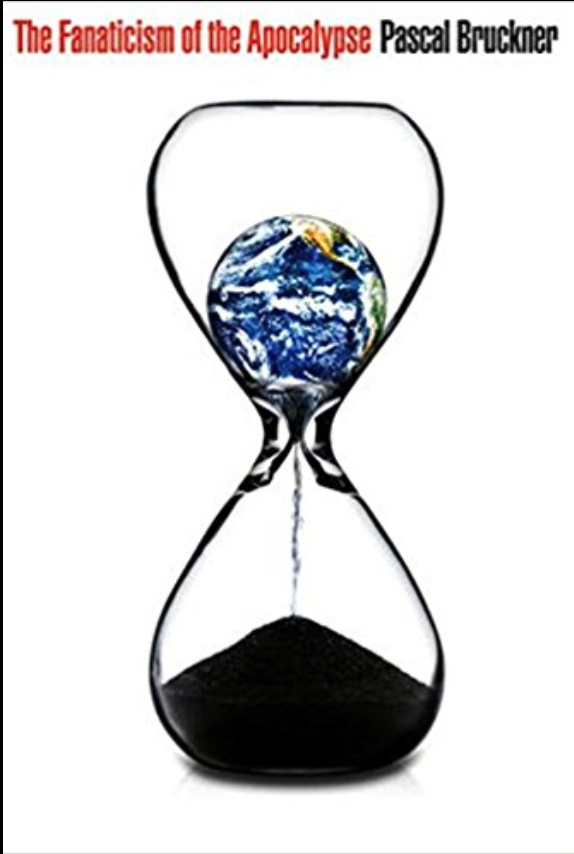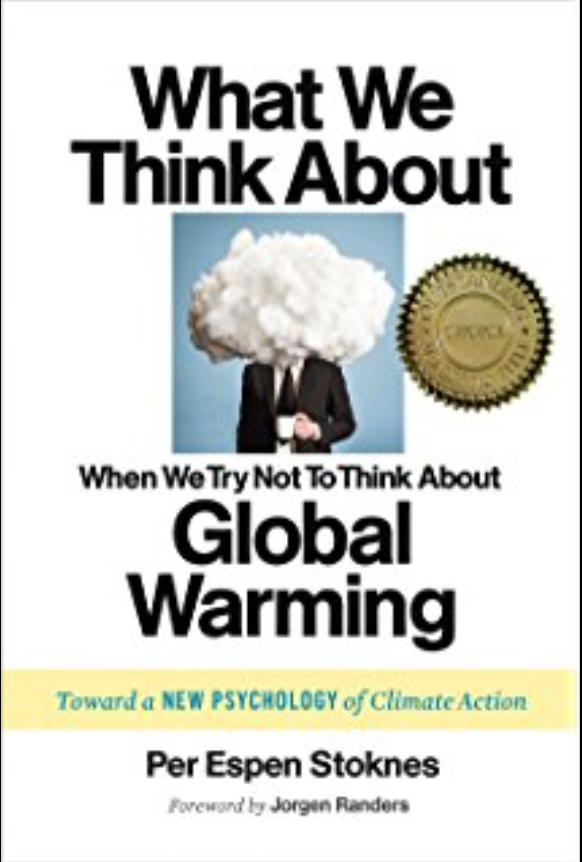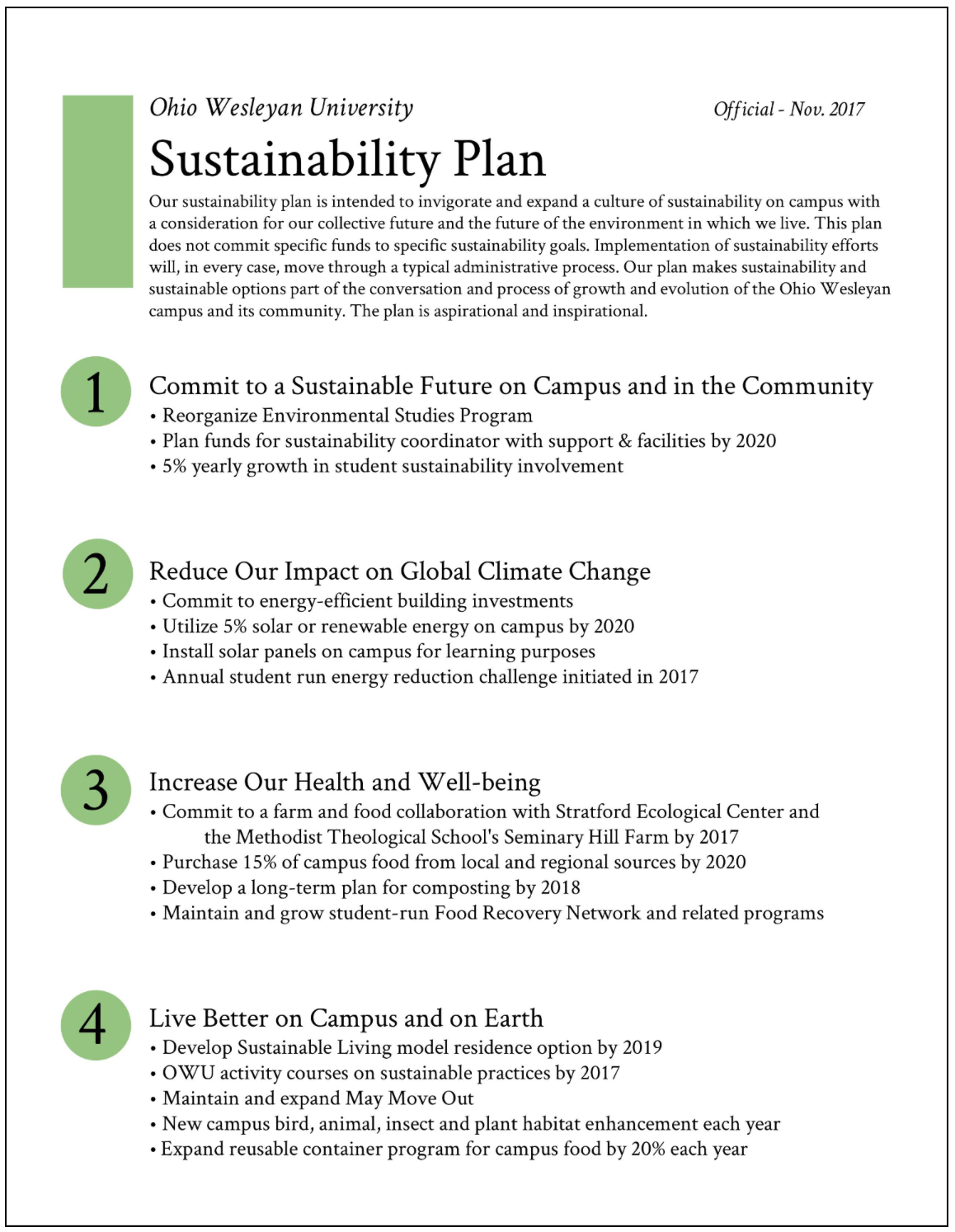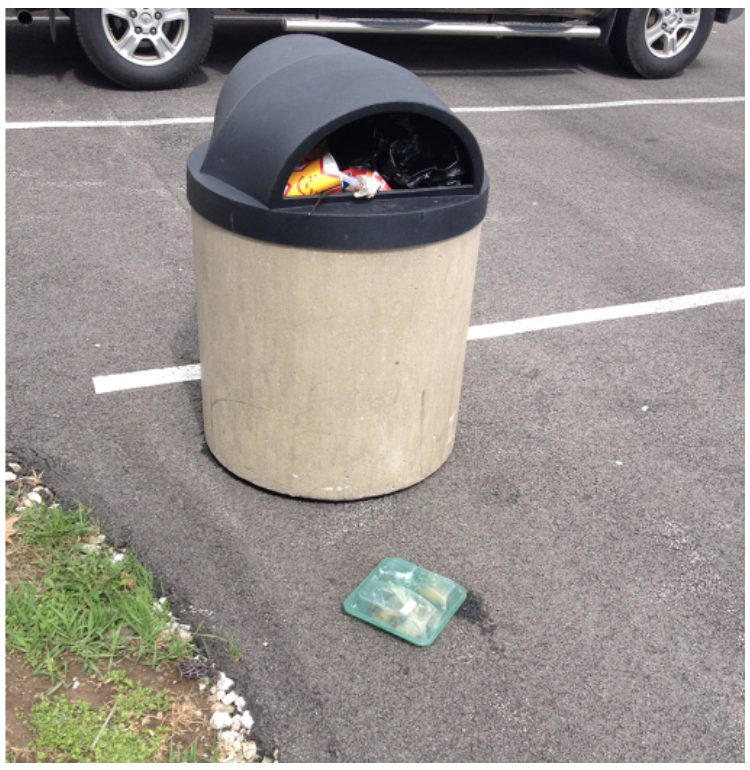
To get off on the right foot, some pearls of wisdom from reading 10:
- Reading 10: “Scrappy Sustainability: Presentation” by John Krygier with input from students in Geog 360 and Geog 499, Spring 2017. [PDF updated with notes 1/28/2018]
Focus in particular on the section “Some solutions:” below.
- Consider those solutions, and how they might shape how you go about working on your projects this semester.
- End the semester by assessing the impact of the solutions
- End the semester by developing additional, “pearls of wisdom” solutions that are not among the five below

Pearls of Wisdom
Persistent enthusiasm for sustainability projects at OWU. But…
- It’s easy to start projects, but hard to make real things happen.
- Lots of started projects, few completed.
- It takes time. More than a semester, more than a year.
- It costs money to make things happen (but can be relatively cheap)
- It’s hard to sustain projects once established.
- Success requires collaboration.
It’s easy to get pessimistic.
Individual action is largely ineffective.

Pascal Bruckner, The Fanaticism of the Apocalypse (2013)
Pessimism, or worse…
Humans are a cancer on the earth. We are invasive species. We are parasites. We are all going to die and we deserve it.
Our carbon footprint is “the gaseous equivalent of Original Sin, …the stain that we inflict on Mother Gaia by the simple fact of being present and breathing…” (2)
“Western humanity has taken a sudden dislike for itself.” (2)
An era of ecological apocalyptic catastrophism.
“Saving the world requires us to denigrate everything that has to do with the spirit of enterprise and the taste for discovery.” (15)
“A vision of the earth as an impoverished family that has to scrimp on everything in order to get along. A rehabilitation of meanness and stinginess.” (151)
“Ecology has a choice: declaring anti-humanism as its principle, celebrating rivers and forests the better to castigate human beings, or adopting an open anthropocentrism that embraces humanity, nature, and animals in general good will, so that no category suffers pointless harm.” (100)

Stoknes, What We Think About When We Try Not To Think About Global Warming (2015)
Individual action is largely ineffective
We can’t opt out of the system, we like the perks.
The message we hear: we are individually responsible for collective economic system impacts on the environment.
Cognitive dissonance: painless behavior (reusable grocery bags, recycling, etc.) that allows us to feel we are doing our part – and to avoid despair and pessimism.
“Individual solutions are insufficient or even counterproductive unless they contribute to structural changes, too.” (Stoknes, p. 89)
The problem: It’s a social psychological issue: Stoknes, What We Think About… (2015)
- Distance: environmental problems are often far from us and in the future: humans are not good at dealing with the future, nor things remote from us.
- Doom: framing climate warming as a disaster to be addressed by loss, cost, and sacrifice forces most people to avoid the topic: humans are loss-adverse.
- Dissonance: when we can’t resolve what we do with what we think; engage in symbolic but largely ineffectual activities (recycling, reusable grocery bags, etc.).
- Denial: that there is a problem at all; humans do this in self-defense, believing that their livelihoods and lifestyles are being attacked.
- Identity: humans seek information that strengthens existing belief and identity; identity is difficult to change; easy to be offended if you think your identity is being attacked; fear of and anger about being “controlled” by others. (82)
Some solutions:
- Social: use the power of social networks.
- Supportive: employ frames that support the message in a positive way.
- Simple: environmentally friendly behaviors easy and convenient.
- Story-based: meaning and community created by the power of stories.
- Signals: use indicators for feedback on societal response.
Solution: Act as Social Citizens.
“Pushing changes in personal behavior as the main solution … can also make us complacent and less vocal for change at the political and social level.” (91)

Proposed OWU Sustainability Plan Students, Faculty, Staff on STF, in courses, 2+ years
The voluntary work is spread around, taking advantage of different skill sets, collectively created (rather than the work of one person, or based on external criteria.)
Solution: Supportive Frames
 “I have a nightmare” way of communicating environmental concern is not effective.
“I have a nightmare” way of communicating environmental concern is not effective.
Instead focus on insurance, health, security, preparedness, and opportunity (111)
May Move Out (4 years)
In the case of May Move Out: it’s about donations to a good cause.

Solution: Keep it Simple
 Modify “choice situations” to make green options easy: Green nudges.
Modify “choice situations” to make green options easy: Green nudges.
As long as there are few opportunities for easy green behavior, and the message causes fear and guilt, there will be backlash against the message. (64)
Green carryout food containers
2+ years
The struggle to make the use of reusable containers simple.
Solution: Social Signals
 In the presence of others, behavior, attention, and
In the presence of others, behavior, attention, and
performance are changed. Social attention is a very
powerful motivator. (55)
People have to be convinced that many others are
Doing something, and it is the norm, before they
change their behavior. (31)
Hydration stations 5+ years
Carrying a water bottle is OK.
Solution: Stories
 Meaning and community created by the power of stories.
Meaning and community created by the power of stories.
OWU’s Green Week
5+ years
Emergence of stories on campus: May Move Out, Green Containers, Green Week, maybe even the sustainability plan.
Even if we do all those things (social citizens, supportive frames, simplicity, signals)…
The hippie, counter-culture, eco-warrior image …
The problem of identity & sustainability
People with hierarchical and individualistic values tend to be skeptical of environmental risks and to dislike regulations to limit those risks, since regulations restrict free choice, commerce, and industry.
People with egalitarian and communitarian values see commerce and industry as self-interested and polluting entities that create unjust disparity, and which require regulation. (73)
Conservatives or libertarians don’t question climate science (and other environmental concerns) because they are ignorant. Rather, it is a way of of expressing who they are – their identity. (74)
Scrappy Sustainability?
Students, staff and faculty figure out how to make sustainability happen on campus with no full time staff and few funds: sustainability isn’t going to get done otherwise, at least in the short term. It is a good experience to try to make something real happen under challenging circumstances.
- Benefits to distributed, community-based sustainability diverse group of active collaborators (vs. dependence on sustainability coordinator).
- many people involved: less likelihood of any one person getting in trouble.
- many people involved: diversity of ideas and approaches.
- excellent theory-into-practice and practice-into-theory experiences.
- it is possible to get some things done, maybe more meaningful.
- there is something a bit troubling about high-cost, conspicuous sustainability.
- building a strong foundation for sustainability, into which a sustainability coordinator could step, and make even more progress.